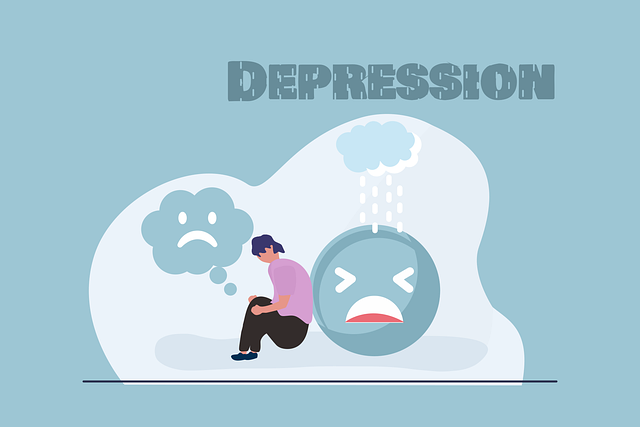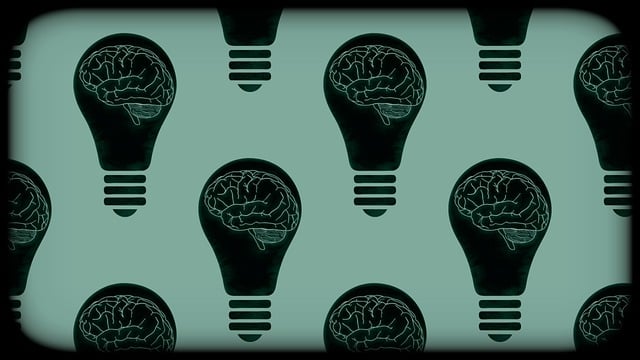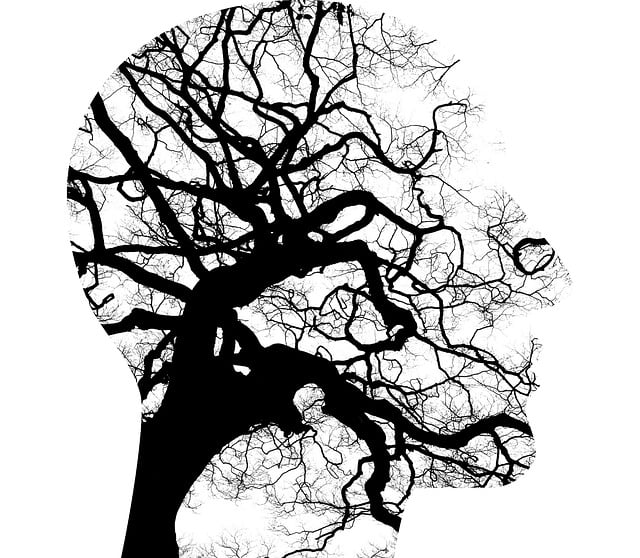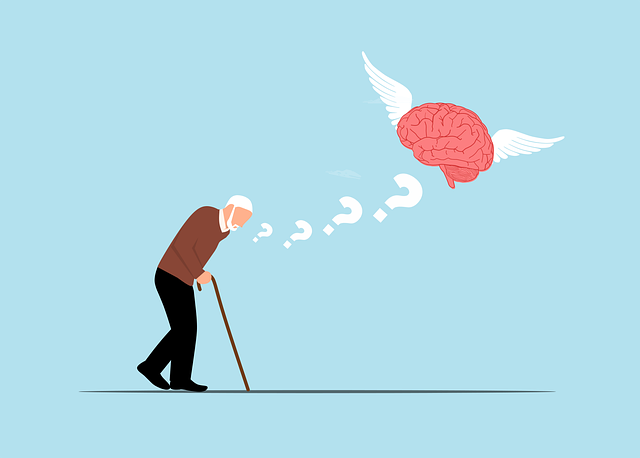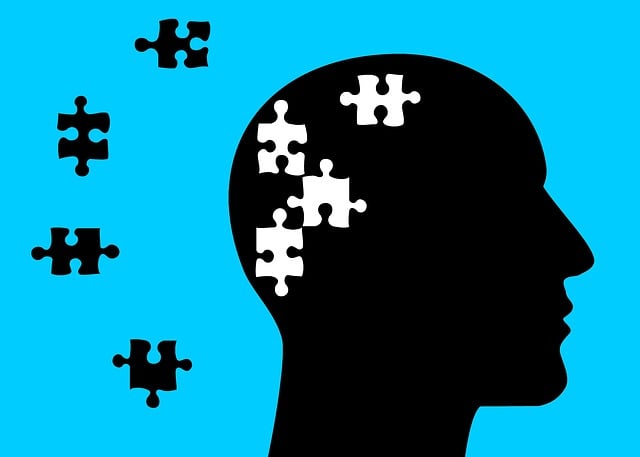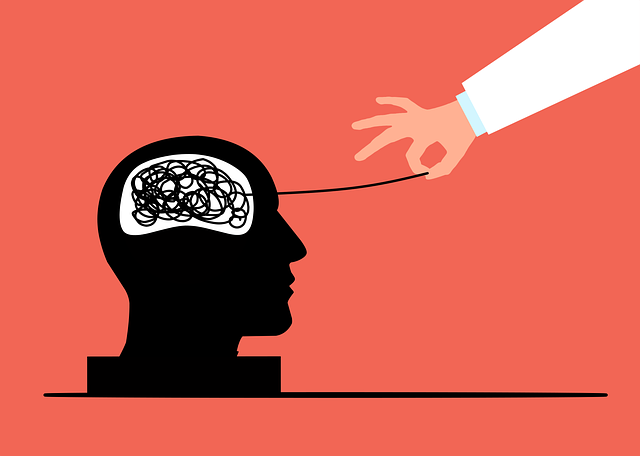Mental wellness, a holistic concept involving emotional, psychological, and social health, can be enhanced through innovative therapies like Golden Codependency Therapy (GCT). GCT focuses on relationships and social connections as vital for emotional well-being, teaching individuals to break codependent patterns, improve decision-making, and maintain healthy boundaries. Journaling is a key tool in this process, enabling self-awareness, reflection, and emotional regulation. A personalized wellness journaling routine, combined with GCT principles, can help individuals process emotions, track progress, set intentions, and take charge of their mental health.
Mental wellness journaling is an effective practice for cultivating self-awareness and personal growth. This article guides you through understanding mental wellness, its profound impact on daily life, and introducing the transformative Golden Codependency Therapy approach. We explore how journaling serves as a powerful therapeutic tool, outlining benefits and techniques to help you start. Additionally, discover tips for establishing a personalized wellness journaling routine, empowering you to take control of your mental well-being.
- Understanding Mental Wellness and Its Impact on Daily Life
- Unveiling the Golden Codependency Therapy Approach
- Journaling as a Therapeutic Tool: Benefits and Techniques
- Creating Your Personalized Wellness Journaling Routine
Understanding Mental Wellness and Its Impact on Daily Life

Mental wellness is a crucial aspect of our overall well-being, influencing how we navigate daily life and interact with the world around us. It encompasses our emotional, psychological, and social health, affecting our thoughts, feelings, behaviors, and relationships. Understanding mental wellness involves recognizing its dynamic nature; it’s not merely the absence of mental illness but a state of resilience and equilibrium. When individuals prioritize their mental wellness, they empower themselves to lead fulfilling lives, making them better equipped to handle life’s challenges and stresses.
In today’s fast-paced world, where demands on our time and attention are constant, practicing self-care and cultivating mental health awareness have become more important than ever. Golden Codependency Therapy offers valuable insights into navigating these complexities. By fostering emotional intelligence and promoting self-awareness exercises, this therapy helps individuals identify and manage their emotions effectively. This, in turn, enables them to build healthier relationships, enhance decision-making, and develop coping strategies that contribute to a more balanced and satisfied life.
Unveiling the Golden Codependency Therapy Approach

The Golden Codependency Therapy (GCT) approach is a revolutionary mental wellness strategy that shifts focus from traditional individual therapy models. It recognizes that our relationships and social connections significantly impact our mental health, often playing a pivotal role in shaping our emotions and behaviors. GCT aims to help individuals untangle complex codependent patterns and foster healthier interactions with others.
By integrating coping skills development and self-care routine establishment, this therapy approach empowers clients to manage their moods more effectively. It encourages individuals to explore their emotional dependencies, understand the dynamics of their relationships, and gradually cultivate independent thinking and healthy boundaries. This process involves delving into personal experiences, identifying codependent behaviors, and learning to prioritize one’s well-being while maintaining meaningful connections.
Journaling as a Therapeutic Tool: Benefits and Techniques

Journaling has emerged as a powerful therapeutic tool, offering individuals a safe space to explore their thoughts and emotions. It serves as a personal companion on the journey towards better mental wellness, especially in addressing complex issues like codependency. Golden Codependency Therapy, for instance, leverages journaling as a means to foster self-awareness, a crucial step in understanding and breaking unhealthy relationship patterns. By putting pen to paper, individuals can reflect on their experiences, identify triggers, and gain insights into their behaviors and emotions.
This practice facilitates the reduction of mental illness stigma by encouraging open expression without judgment. Moreover, it aids in building empathy towards oneself and others. Through regular self-awareness exercises, one can learn to recognize and accept their feelings, leading to improved emotional regulation. Journaling allows for a creative outlet, helping individuals process traumatic experiences, work through difficult emotions, and track personal growth over time. It’s an accessible and effective strategy that empowers people to take charge of their mental health and well-being.
Creating Your Personalized Wellness Journaling Routine

Creating your personalized wellness journaling routine involves setting aside dedicated time each day to reflect on your mental health and well-being. Start by choosing a quiet, comfortable space where you can write without interruptions. Select a journal that feels right for you—it could be a physical notebook or a digital document. Consistency is key; aim for a daily practice, even if it’s just a few minutes. This regular reflection time becomes a safe space to process emotions, track progress, and set intentions.
Incorporate prompts tailored to your specific needs. For instance, you might reflect on your day using Golden Codependency Therapy principles, considering interactions that energized or drained you. Mental Health Policy Analysis and Advocacy themes can be woven in by examining societal influences on your mental state. Building resilience becomes an exercise in identifying and challenging negative thought patterns. Even Cultural Sensitivity in Mental Healthcare Practice can find its place by exploring how diverse perspectives enrich self-awareness and coping strategies.
Mental wellness journaling can be a powerful tool for personal growth, offering a space to explore emotions, reflect on experiences, and cultivate self-awareness. By integrating the principles of Golden Codependency Therapy, individuals can develop healthier relationships with themselves and others. Through regular practice, this therapeutic routine enables one to navigate life’s challenges with resilience and embrace a more fulfilling journey towards mental wellness.
